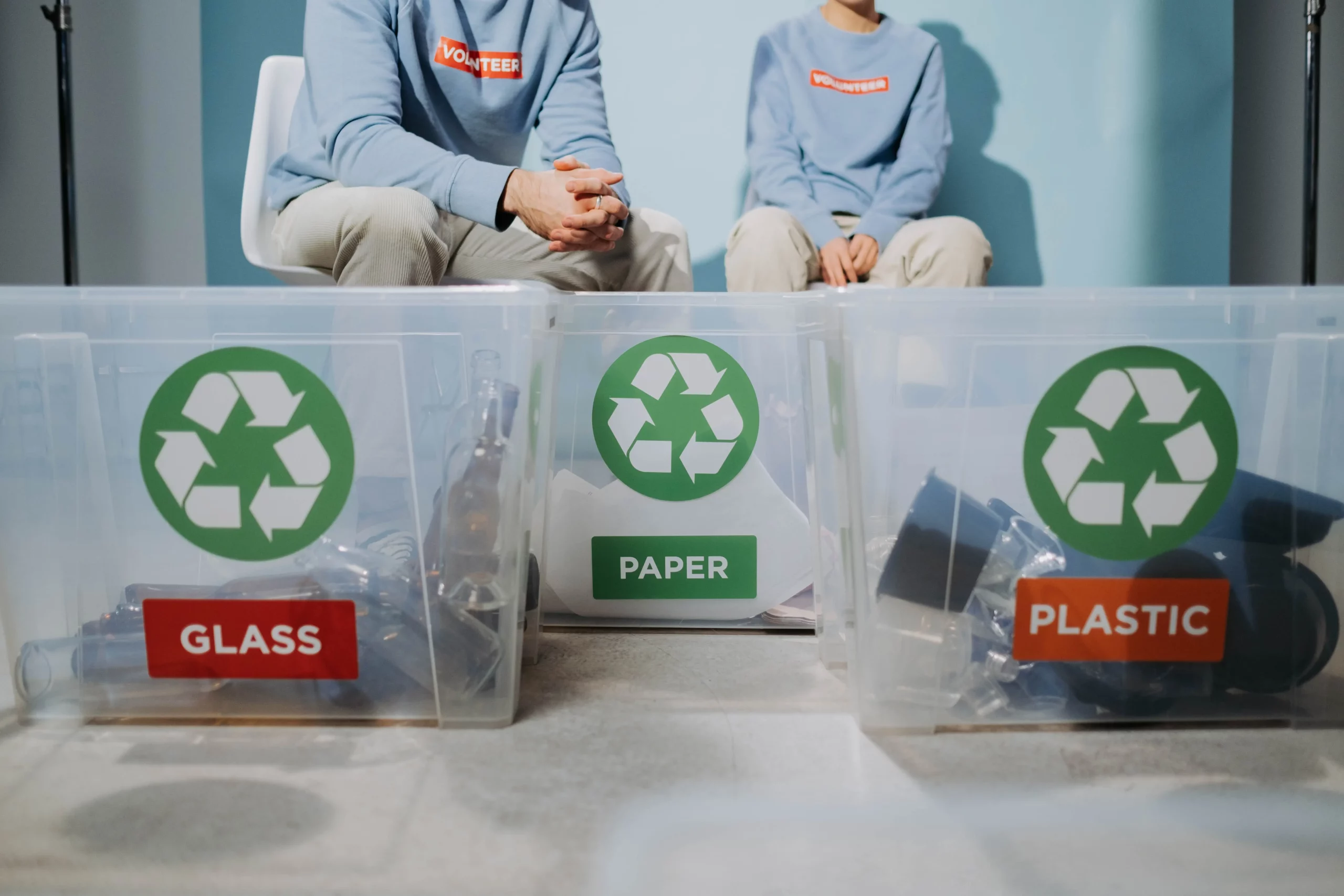Waste sorting: Saving the climate, one trash bin at the time

Waste management is a critical issue facing our planet, and proper waste sorting is an essential part of the solution. In this text, we will discuss the benefits of waste sorting, including its impact on the environment and the role of local solutions in promoting sustainability.
What is waste sorting?
Waste sorting is the process of separating and categorising different types of waste to ensure they are properly disposed of or recycled. This practice has been around for centuries, with ancient civilisations separating organic waste for composting and using metals for weapons and tools.
However, it wasn’t until the Industrial Revolution that waste sorting became a necessity due to the increase in urbanisation and waste production. With the rise of mass production and consumption, waste started to pile up in cities, leading to health and sanitation problems. In response, governments began implementing waste management systems and regulations, and waste sorting became a crucial part of these systems.
Over time, waste sorting has evolved and become more sophisticated, with advancements in technology and increased awareness of the environmental impact of waste. Today, many countries have implemented waste sorting programmes to reduce the amount of waste sent to landfills and promote recycling and composting.
Waste’s impact on climate change
Waste sorting plays a critical role in mitigating the effects of climate change. When organic waste is sent to landfills, it decomposes and produces methane, which is a greenhouse gas that is 25 times more potent than carbon dioxide. In fact, landfills are the third-largest source of methane emissions in the United States. By sorting organic waste and diverting it to composting facilities, we can reduce the amount of methane that is released into the atmosphere. Similarly, when we recycle materials like paper, plastic, and metal, we reduce the need to extract, manufacture, and transport new materials, which all require significant amounts of energy and produce greenhouse gas emissions.
By reducing the amount of waste that ends up in landfills and increasing the amount of materials that are recycled, we can significantly reduce our carbon footprint and help create a more sustainable future. Additionally, the energy saved by recycling can be used to power homes, buildings, and industries, further reducing our reliance on fossil fuels and their associated emissions.
Local solutions: Envirowaste and Smart Environmental
In addition to the environmental benefits, local waste sorting solutions also have social and economic benefits for communities. By keeping waste management and recycling services local, it creates jobs and strengthens local economies. It also helps to build a sense of community and ownership over waste reduction efforts, which can lead to increased participation and improved outcomes.
Companies like Envirowaste and Smart Environmental are great examples of local waste management solutions in New Zealand. These companies offer a variety of waste bins for both personal and business use, as well as waste management services. By working with these companies, individuals and businesses can support local businesses while also making a positive impact on the environment. These companies offer a range of services and resources to help customers reduce their waste and improve their sustainability practices, and by doing so, contribute to the larger goal of reducing greenhouse gas emissions and mitigating climate change.
How to make waste sorting easier
Waste sorting can seem overwhelming at first, but it doesn’t have to be. Here are some tips to make it easier:
- Start small: Begin by sorting just one type of waste, such as plastics, and gradually add more as you get used to the process.
- Use designated bins: Have separate bins for each type of waste, such as paper, glass, and food scraps, and label them clearly.
- Educate yourself: Learn about what can and cannot be recycled in your area, as different regions have different recycling facilities and guidelines.
- Get creative: Find ways to repurpose or upcycle items instead of throwing them away. For example, use glass jars for storage or turn old clothes into rags.
- Involve others: Encourage friends, family, and co-workers to join in and make waste sorting a group effort.
- Keep it convenient: Place your waste bins in a convenient location to make it easier to sort waste.
